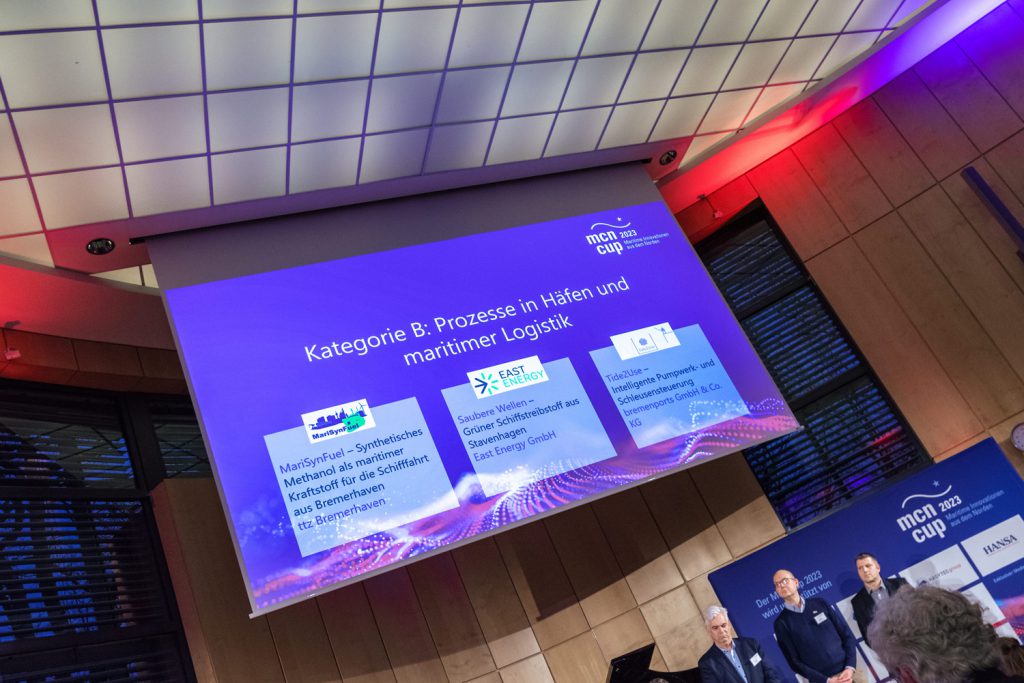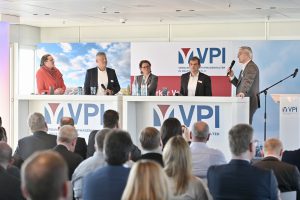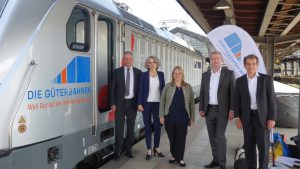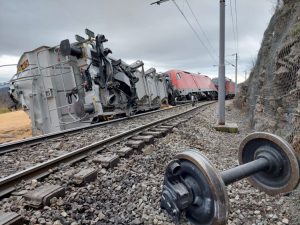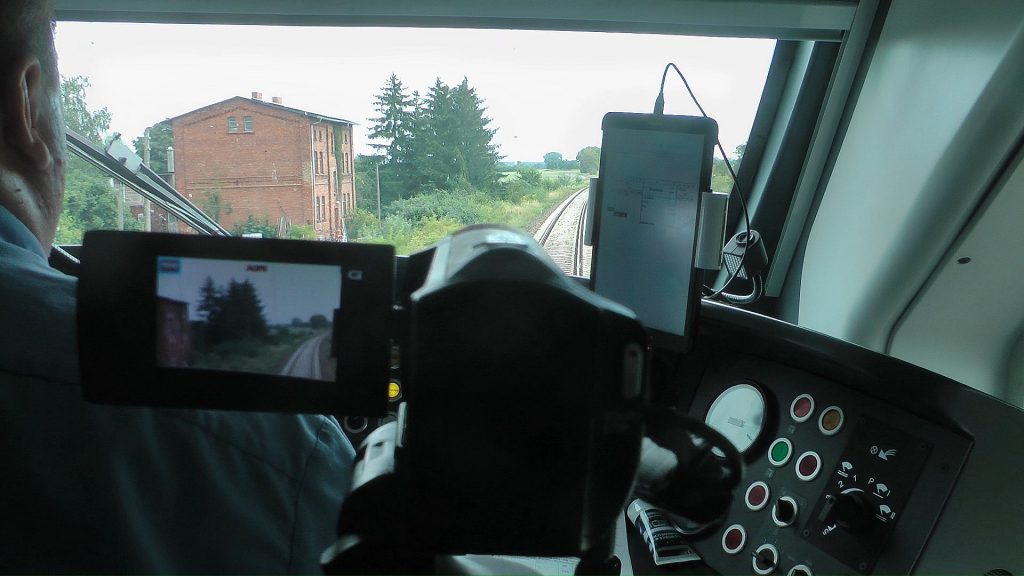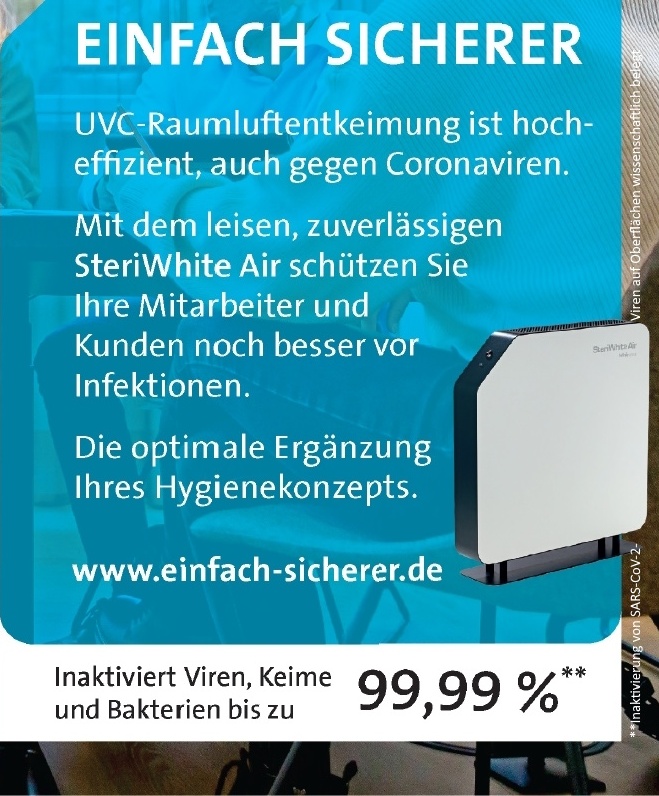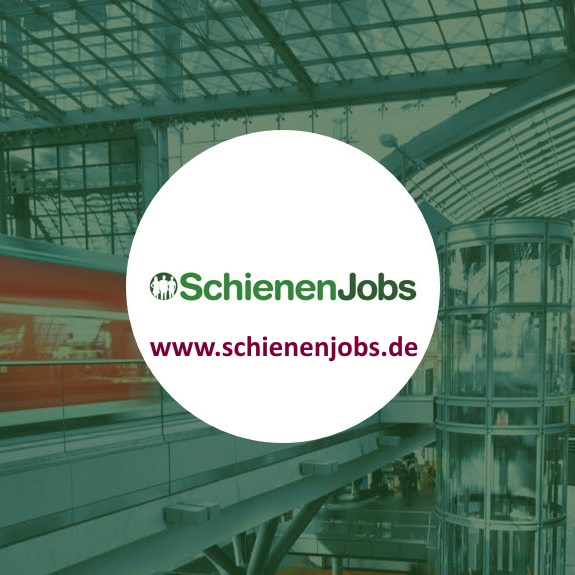The MCN Cup is aimed at companies, scientists, universities, institutes or individuals related to the maritime industry who use innovative solutions to improve ecological, economic and social sustainability along the maritime value chain. An expert jury decides on the awarding of the prize. The five coastal federal states of Bremen, Hamburg, Mecklenburg-Western Pomerania, Lower Saxony and Schleswig-Holstein are the patrons of the MCN Cup. For the cup winner East Energy GmbH, CEO Dirk Petschick reports on progress and obstacles on the way to regional production of green eMethanol in Mecklenburg-Western Pomerania.
MCN: Mr. Petschick, you won the MCN Cup 2023 in category B. What is special about your eMethanol project “Clean Waves – Green Ship Fuel from Stavenhagen”?
Petschick: We plan to produce eMethanol at the Stavenhagen site, which can then be used, among other things, as a climate-neutral fuel in shipping.
Our unique selling point is that we work with raw materials from the region. This means that we produce green hydrogen using electricity from regional wind power and solar systems. Our own local production is not only particularly environmentally friendly, it also helps us in terms of price if we don’t have to buy it on the market. The special highlight is that we will use CO2 from the local sewage sludge recycling plant, which is being built in Stavenhagen, for our methanol production. We are repurposing the unavoidable CO2 released there as a climate-friendly fuel.
MCN: When will you start production?
Petschick: If everything goes according to plan, we intend to start production in Stavenhagen in 2027. Whether this works still depends on important factors. A final investment decision must be made by the parties involved, essential approvals must still be obtained and financing must also be guaranteed. But our focus is clearly on 2027.
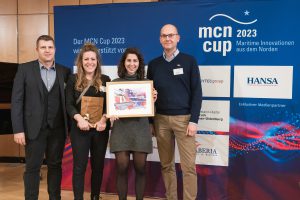
MCN: Are you still facing technical challenges that need to be overcome?
Petschick: The technology alone is fundamentally not new and well-tested. A challenge is the integration of all processes into the ongoing operation of sewage sludge utilisation. This requires very sophisticated engineering.
MCN: Is there already a market for green methanol in the maritime sector?
Petschick: The market is still developing and will certainly grow dynamically. Finally, shipping is also under pressure to decarbonise. The Danish shipping company Maersk, in particular, is pushing the topic of eMethanol forward massively as a pioneer. As one of the world market leaders in container shipping, the company is already in the process of gradually converting its fleet to eMethanol drives. We also expect growing demand for eMethanol from the aviation and chemical industries.
MCN: eMethanol is very expensive. Will it still prevail?
Petschick: eMethanol is actually likely to be significantly more expensive than conventional marine diesel.
I think the factor 3-4 is realistic. This is mainly due to the price of additional green electricity, which accounts for almost 80% of the costs of producing green hydrogen. But shipping cannot avoid this development for regulatory reasons. By the way, this applies not only to the large shipping companies, but of course also to smaller regional companies. Providers like East Energy, which also produce regionally, are certainly interesting for them. It is therefore important for us to become better known in the maritime industry. Of course, an award like the MCN Cup helps.
MCN: Do you also see yourself as a regional economic promoter? Mecklenburg-Western Pomerania is considered to be structurally weak.
Petschick: Yes, absolutely.
In the northern German states we have very good conditions for producing a lot of green electricity. Why should you use it somewhere else and not locally? We have everything we need to produce here, and that is a real location advantage. I think we are sending an important signal with our investment decision. Practically all of our value creation takes place here. In this respect, we definitely see ourselves as an economic developer for the region.
MCN: The Federal Constitutional Court’s ruling on the second supplementary budget law for 2021 could also have consequences for climate protection. Fear that this situation might question your project?
Petschick: Not immediately.
In principle, we always strive to get by without funding. This means that we only make an investment decision if the project is economical and can function without subsidies. When money does come along, it can make things easier. In this respect, we do not see our project being affected for the time being. However, it is not yet possible to predict what impact the public budget situation will have on network expansion for both electricity and hydrogen networks. If there are delays here, it will affect all market players. Then everyone has a problem. hfs/MCN


